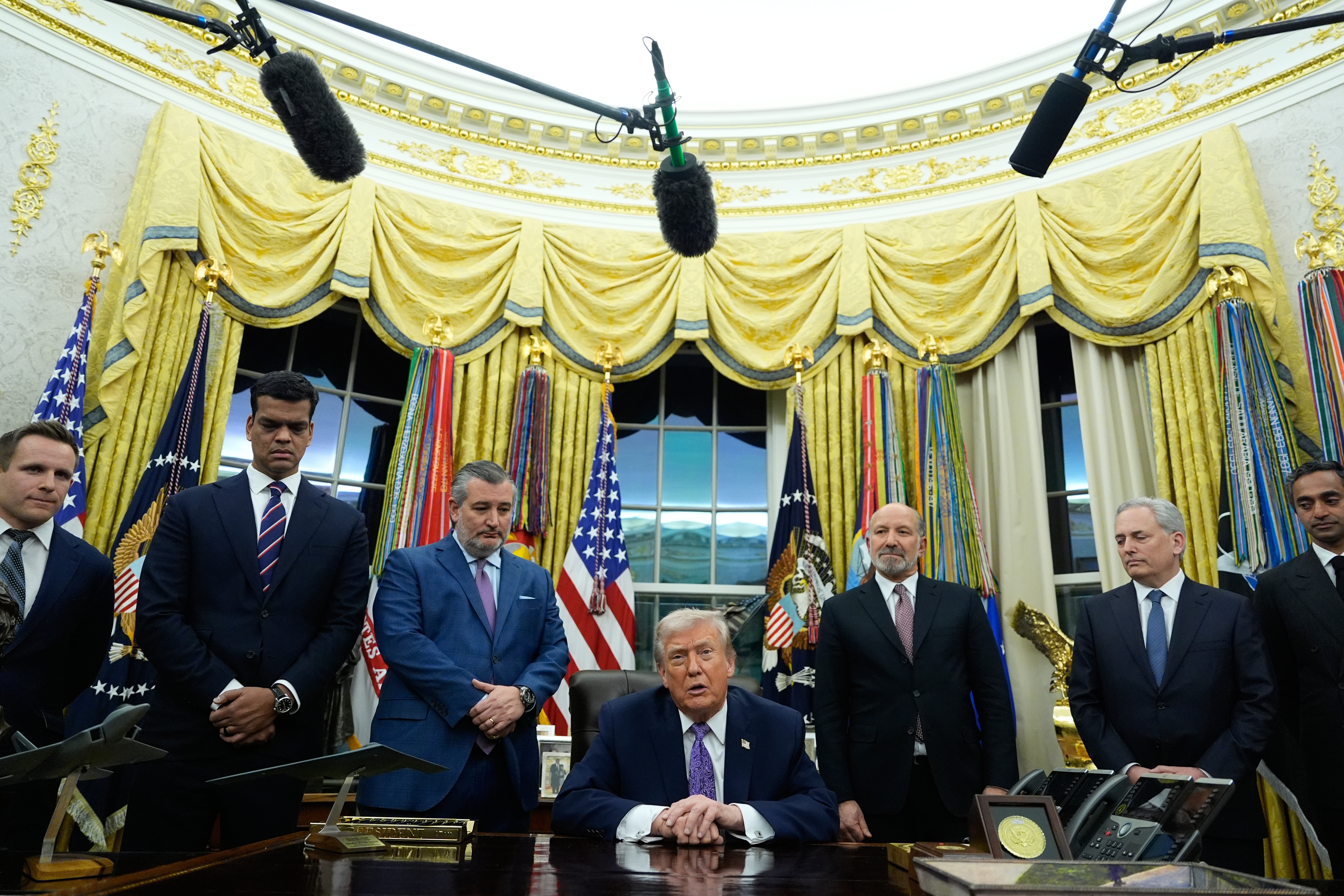Long-time Mideast rivals Iran and Saudi Arabia took another significant step toward reconciliation Thursday, formally restoring diplomatic ties after a seven-year rift, affirming the need for regional stability and agreeing to pursue economic cooperation.
The agreement was reached in Beijing during a meeting between the Iranian and Saudi foreign ministers, a month after China had brokered an initial reconciliation agreement between the two regional powerhouses.
The latest understanding further lowers the chance of armed conflict between the rivals, both directly and in proxy conflicts around the region. It could bolster efforts by diplomats to end a long war in Yemen, a conflict in which both Iran and Saudi Arabia are deeply entrenched.
Thursday's announcement also represents another diplomatic victory for the Chinese as Gulf Arab states perceive the United States slowly withdrawing from the wider region.
Iranian Foreign Minister Hossein Amirabdollahian laid out details of Thursday's agreement in a tweet, after his talks with Saudi counterpart Prince Faisal bin Farhan Al Saud.
The minister wrote that Thursday marked the beginning of "official diplomatic relations ... economic and commercial cooperation, the reopening of embassies and consulates general, and the emphasis on stability, stable security and development of the region." Amirabdollahian said that the issues are "agreed upon and on the common agenda."

Iran, Saudi Arabia agree to resume ties, with China's help
The joint statement calls for the reestablishing of ties and the reopening of embassies to happen “within a maximum period of two months.”
The official Iranian news agency, IRNA, said that in addition to reopening embassies in the two capitals, diplomatic missions would start operating in two other major cities — Mashhad in Iran and Jeddah in Saudi Arabia. The report said both sides also agreed to study the prospects of resuming flights and official and private visits between the two nations, in addition to how to facilitate the visa process for their people.
Chinese Foreign Ministry spokesperson Mao Ning said the two foreign ministers signed a joint statement and expressed their determination to improve ties in line with their talks in Beijing last month.
Thursday's talks in Beijing marked the first formal meeting of senior diplomats from the two nations since 2016, when the kingdom broke ties with Iran after protesters invaded Saudi diplomatic posts there. Saudi Arabia had executed a prominent Shiite cleric with 46 others days earlier, triggering the demonstrations.
The warming of ties shows that "regional countries have the will and ability to take the lead" in maintaining peace, Mao said at the briefing.
She said China is ready to support both sides in fostering good relations, urging the international community to help the Middle Eastern countries resolve their differences.
"The colonial hegemonic tactics of stirring up contradictions, creating estrangement and division should be rejected by the people all over the world," she said.










